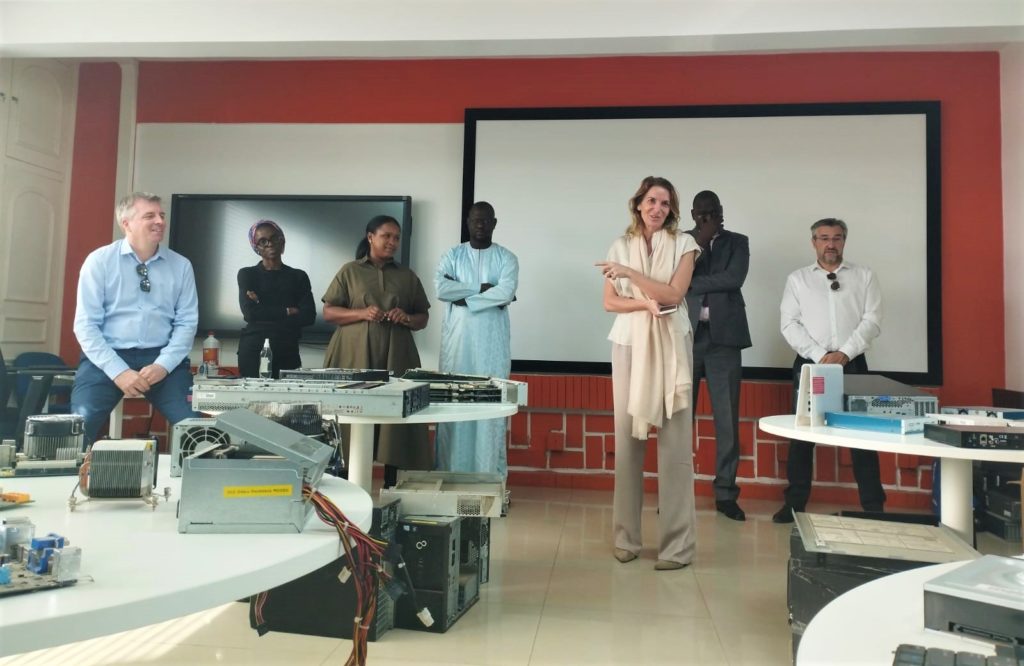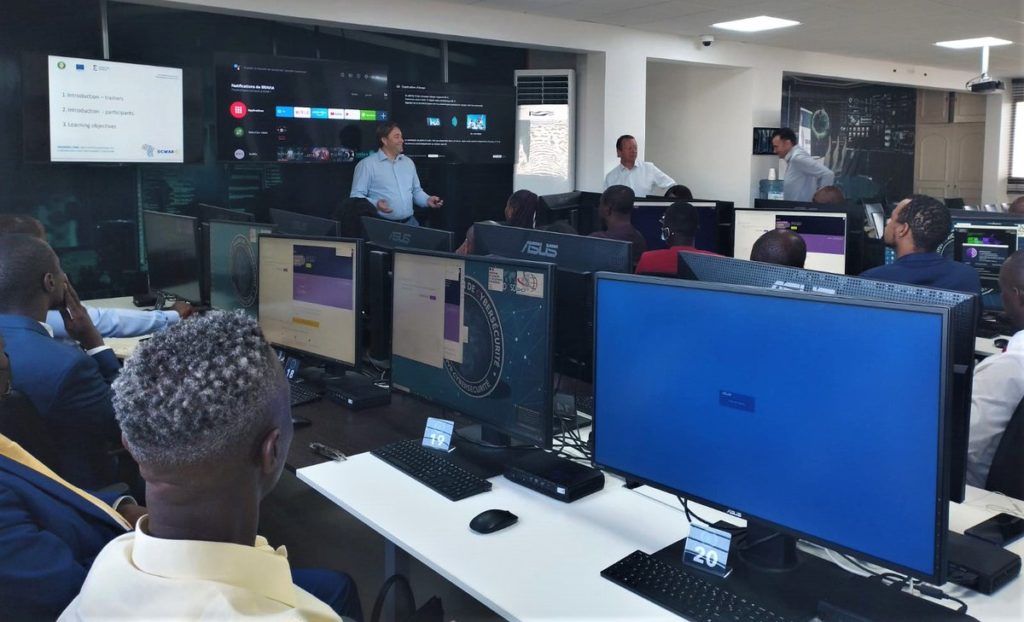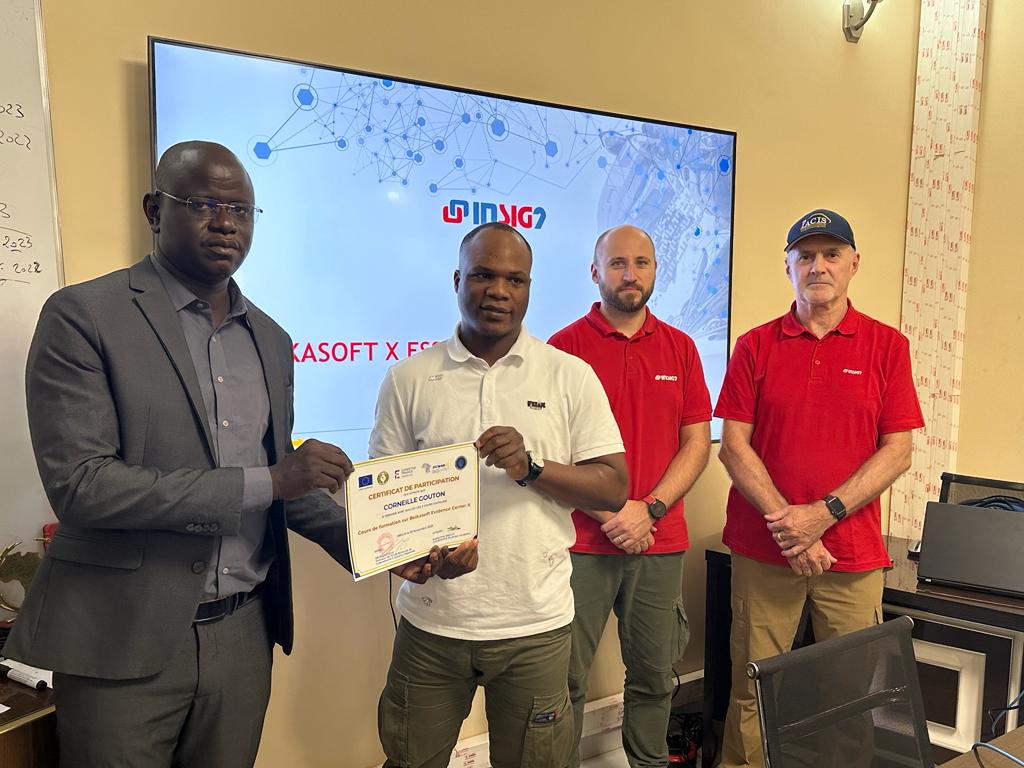DAKAR, SENEGAL
28-30th November 2022
In the world of today, the increasing number of attacks against or realized through the means of computer systems and data is a growing concern for both cyber security professionals and the law enforcement, affecting societies at large.
The Darkweb is becoming increasingly a place where illegal activity thrives and criminals’ function in perceived anonymity. Reportedly, almost 30% of hidden services on Tor relate to some form of illicit activity, such as selling illicit drugs, weapons, compromised data, counterfeit 1documents, pharmaceuticals, chemicals, and other illicit products.
Europol in its annual Internet Organised Crime Threat Assessment (IOCTA) 2020 highlights the gradual evolution of the Darkweb and adaptation to new realities, as well as shortening of the lifecycles for marketplaces, which poses a challenge for the law enforcement.2 At the same time, the report notes that “reliability, irreversibility of transactions and a perceived degree of anonymity have made cryptocurrencies the default payment method for victim-to-criminal payments in ransomware and other extortion schemes, as well as criminal-to criminal payments on the Darkweb”.
According to the 2022 Crypto Crime report published by the renowned Blockchain Analysis company Chainalysis, the pace of the growth of legal transaction, is vastly outpacing the criminal use of virtual currencies. At the same time a transaction volume of $14 billion is likely related to illicit activities involving Bitcoin. This requires a balanced and well thought-through approach to cybercrime that involves proceeds, money laundering, search or seizure involving virtual currencies.
In this context, the OCWAR-C in cooperation with the OCWAR-M and GLACY+ projects and the support of the ENCVR school aims to continue to support the criminal justice institutions in the ECOWAS region and Mauritania in strengthening their capacities in cybercrime and electronic evidence, by placing a focus on parallel financial investigations and intelligence, online crime proceeds, financial fraud, and money laundering offences, as well as looking more closely into the matters of virtual currencies and Darknet investigations in the context of a “follow the money” concept.
For these reasons a specialised Training Course on Financial Investigations, Virtual Currencies and Darknet developed by the Council of Europe and targeting relevant audiences that included cybercrime investigators and prosecutors, financial investigations and financial intelligence officers is foreseen for both English and French speaking countries covering this important topic.
The target audience includes any institution that may have an interest and role in the subject matter, but more specifically the course is addressed to:
– Cybercrime investigators/digital forensics experts
– Prosecutors tasked with cybercrime investigations
– Financial investigators
– Financial intelligence analysts (FIU)
– Asset Management Unit representatives (involved in the seizure of Bitcoin)
This training was organized in cooperation with the OCWAR-M (Organised Crime : West African Response on Cybersecurity and Fight against Cybercrime and Money Laundering) and Glacy+ projects and the support of the ENVR School (Ecole Nationale de Cybersécurité à Vocation Régionale).







